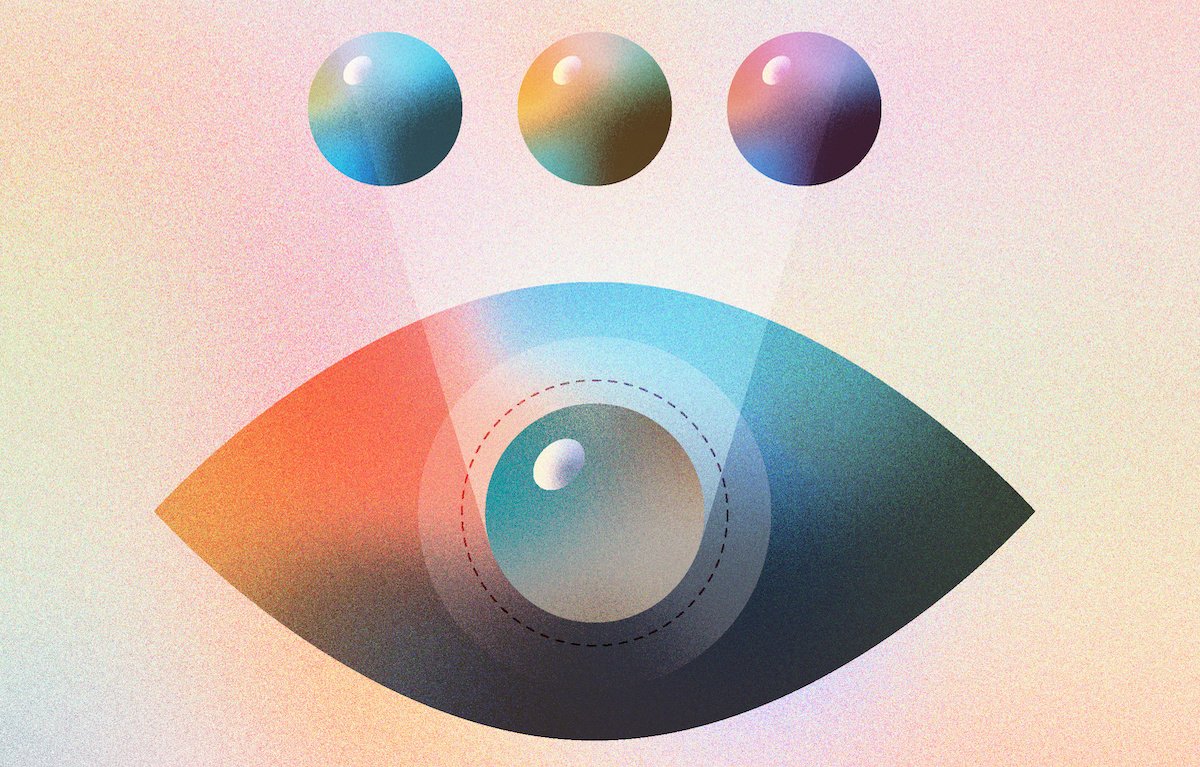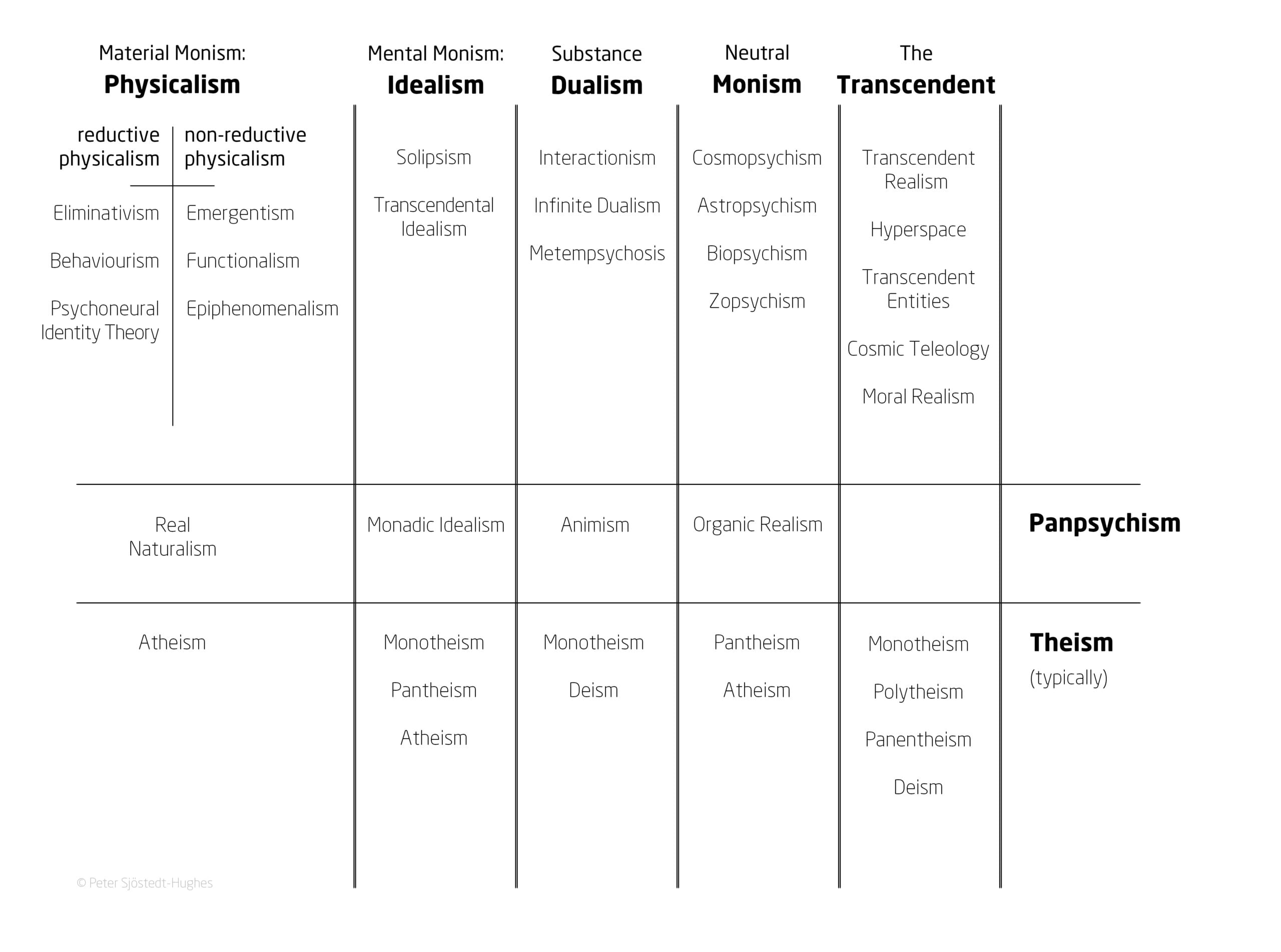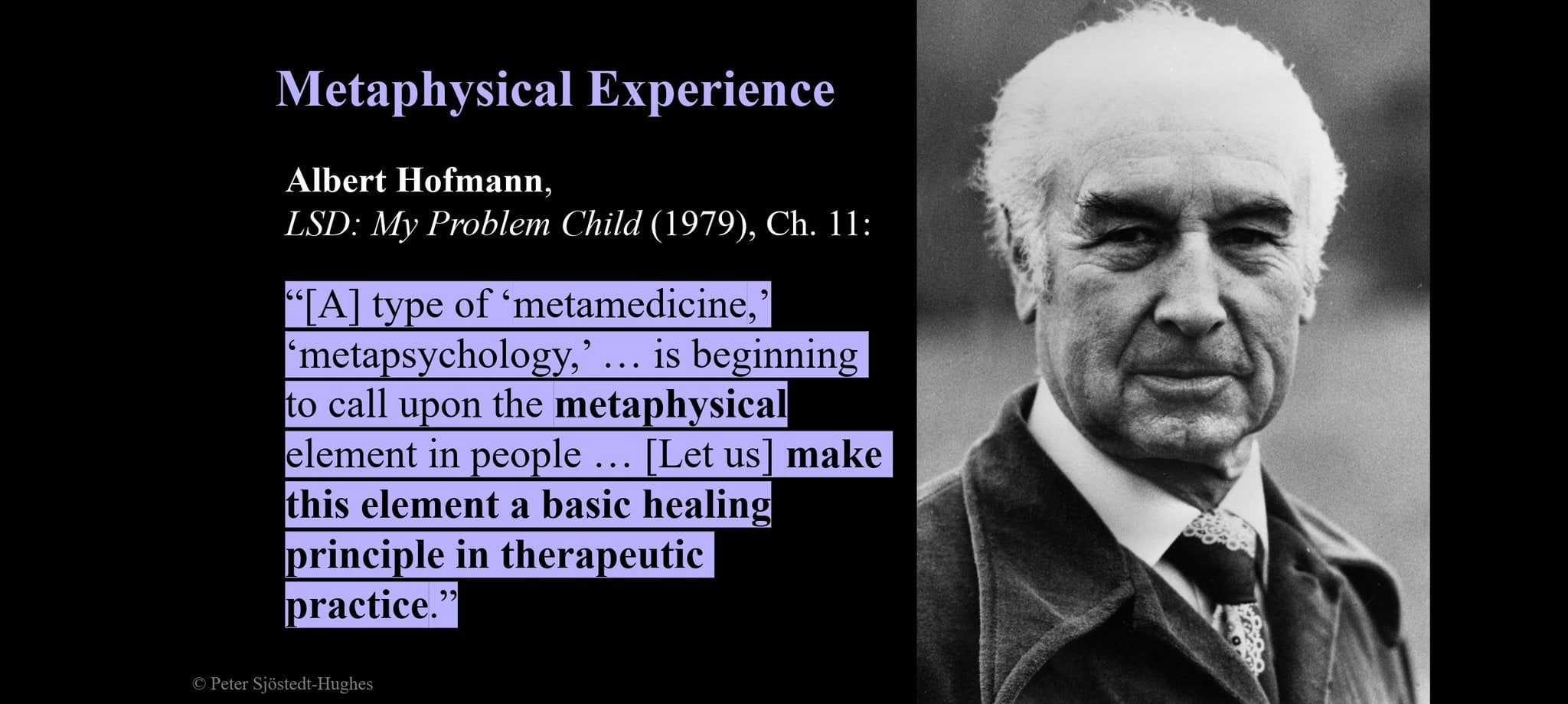Return Health is exploring psychedelic derivatives for the treatment of dementia. CEO, James Kuo, MD, spoke to Psychedelic Health about the company’s aims and its use of Artificial Intelligence for finding the best treatment candidate.
Biotech company Return Health is developing novel, non-hallucinogenic psychedelic derivatives to alter the progression of dementia. It is aiming to develop treatments that can reduce behavioural and psychological symptoms associated with the disease, and reverse cognitive decline.
According to the World Health Organisation (WHO), there are more than 55 million people living with dementia across the globe, with nearly 10 million new cases every year. Alzheimer’s causes around 50 per cent of all dementia, and there are currently no effective FDA-approved treatments for the disease.
“Dementia is perhaps the largest unsolved medical problem out there today, and we have partly ignored it and just let it continue,” says Kuo. “We are applying psychedelics toward treating dementia.
“We have broken down the problem into two components. The first one is the behavioural and psychological symptoms of dementia – which is the emotional and personality changes that occur. Sometimes they are the first indicator that someone has dementia, including symptoms such as anxiety, agitation, depression and apathy.
“We believe that psychedelics have already been shown in existing clinical trials to have efficacy there. So, we think we should be able to demonstrate that psychedelics are effective in treating those symptoms.”
Studies into psychedelics, such as DMT, have demonstrated that the compounds increase neural plasticity – an effect that could be beneficial in the treatment of dementia.
“There is also the cognitive decline aspect. We are targeting three mechanisms there. The first is neuroplasticity – which is rewiring the brain. In dementia, typically, the problem is with the prefrontal cortex or the hippocampus which is responsible for memory. So, if the brain is damaged, the best thing to do is to rewire the brain. So, we are focused on doing that as one mechanism.
“The second mechanism is regrowing nerve cells. That is an aspect that is not so familiar to people, but it is called neurogenesis and drugs like Prozac are capable of doing that. We are applying psychedelics for neurogenesis.
“The third one is reducing neural inflammation. There is a lot of inflammation, damage by the immune system, to the brain associated with Alzheimer’s, and reducing that would be tremendously helpful.”
Return Health is currently searching for the best new chemical entity that could help the disease by looking at tryptamine compound structures – the chemical backbone of psychedelics.
“We are not just targeting one serotonin receptor and 5-HT2A – the main receptor that most people focus on for the psychedelic effects – but there are other serotonin receptors that we think are very important for neurogenesis and for reducing neural inflammation.
“Most likely it is going to be something similar to DMT, because DMT has been the compound that, in animal studies, has been shown to be the best for neurogenesis and for cognitive decline. We believe we will do that within a year, then we will be ready for clinical studies with that compound.”
Return Health will be using Artificial Intelligence (AI)-assisted drug discovery to identify new psychedelic derivatives that have the effect they are looking for, but which will not have hallucinogenic properties.
“The way it is traditionally done within a pharmaceutical company is that you take chemical structures and make a lot of derivatives called a chemical library. And that can be thousands of them. You then put them through an assay, using what is called an in vitro assay, to see if there is any effect. That is a very expensive, laborious and time-consuming process.
“The new technology that has been rolling out throughout the pharmaceutical industry is utilising AI where this process is all done on a computer. You can do the vast majority of drug screening and then when you get to the shortlist of ideal candidates, you can synthesise them and test them in the in vitro assays in animal models. This way you can compress the lengthy, multi-year process into a relatively shorter time period,” says Kuo.
“There is actually several receptors that we want our ideal candidate to touch – some very lightly and other receptors we wanted to avoid completely. So, it is a case of programming the algorithm into the computer and then letting the computer go through the known universe of all the tryptamine structures out there – everything that has been in the public domain – and ranking each candidate chemical structure for its affinity for binding to the serotonin receptors we want to touch.”
Dementia is currently the seventh leading cause of death, and healthcare costs associated with the disease reach USD$817bn globally. Kuo says finding a treatment for the disease could lift a huge burden on health and social care for the disease, and bring hope to millions of families across the globe.
“Dementia destroys the lives of patients and impairs their brain function. They cannot live independently – simple things such as going out in your car to the store – you cannot figure your way home you get lost, or you forget to turn the stove off when you start cooking. Things like that can be very dangerous and obviously, highly impair someone.
“There is also the caregiver component – the disease is very devastating for the families having to care for a patient, and that is really one of the things that we are targeting. If we can target the behavioural and psychological symptoms of dementia, it would be much more effective to have someone take a pill than to have them be under supervised medical care. This would lead to tremendous cost savings. Perhaps this could be the one pill that saves more money in the healthcare system than anything else.
“The very interesting thing about psychedelics is that they appear to work on the worst patients, the patients who have failed everything else. Most drug developers do not like to go in that area because they feel it puts an undue burden on candidate drugs. If a patient is very sick, they may die of many causes that are not related to the drug, but if they die, then they’ll be attributed to the drug. Psychedelics are just the opposite. For example, in treatment-resistant depression, by definition, these patients have failed multiple therapies for their depression. Psychedelics seem to work better in that condition, and they also work for a longer duration of time after just one or two, possibly even three doses – sometimes for up to six months. So, they are really quite remarkable.
“There has been really no innovation in CNS [central nervous system] care for 33 years. That is a long period of time for very little to happen. The last innovation was really when Prozac was launched, and there were other similar drugs that followed. But, while they provided some relief for some patients, the vast majority were not helped by them. They have terrible side effects, like sexual dysfunction, which is probably the main reason why people do not take SSRIs.
“Psychedelics have a very colourful, interesting story because they were around before and they were very promising but then the government weighed in and restricted them – stopping all research. They are now coming back to life again after several decades of dormancy, and it is very exciting. There is a history of their use for thousands of years for spiritual and medicinal reasons, by shamans, for example. So, we are very excited to be working in this area and developing drugs for patients and their families who desperately need them.”
[activecampaign form=52]

 Opinion2 years ago
Opinion2 years ago
 Insight3 years ago
Insight3 years ago
 Medicinal2 years ago
Medicinal2 years ago
 Research2 years ago
Research2 years ago
 Medicinal2 years ago
Medicinal2 years ago
 Markets & Industry1 year ago
Markets & Industry1 year ago
 News3 years ago
News3 years ago
 Medicinal2 years ago
Medicinal2 years ago



















